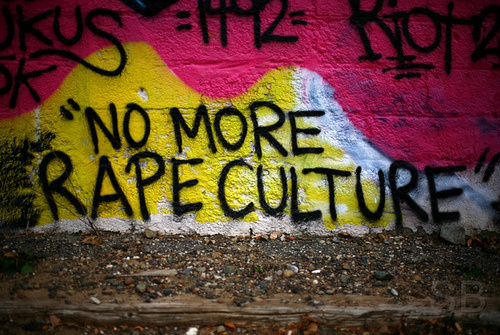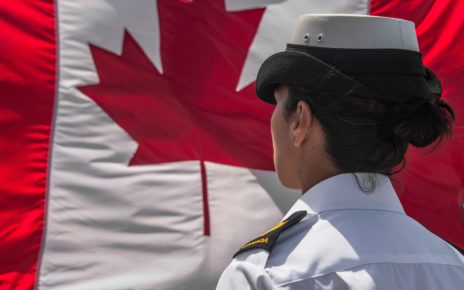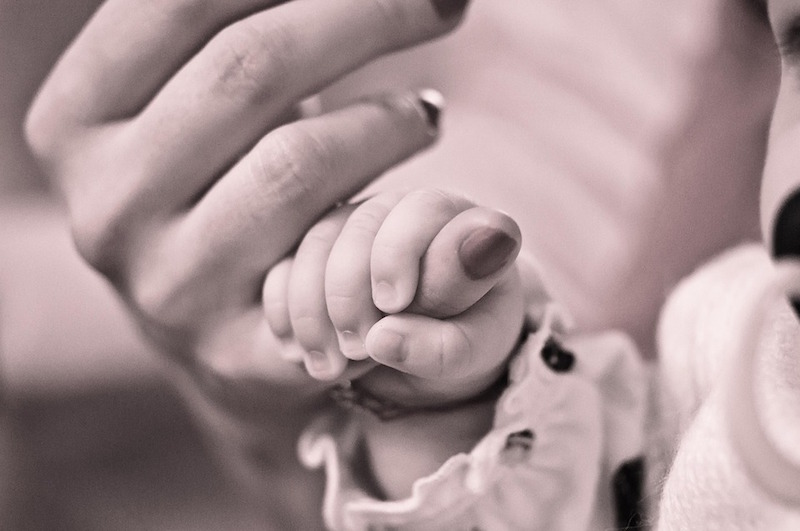Women’s Rights are Human Rights
Rape and sexual assault have come to the forefront of many international news outlets over the past few years, in struggling nations stricken by civil war and conflict and thriving western democracies alike. In December 2012, a young woman was brutally raped on a moving bus in New Delhi, sending shockwaves throughout India and the rest of the world and bringing to the forefront the reality that sexualized violence is inherent in all societies. What followed was a massive public outcry in India and abroad, condemning violence against women and imploring politicians and lawmakers to dedicate more energy and resources towards reforming the rape laws in a country where a woman is raped every 22 minutes.
The Personal is always Political
One year later, much progress has been made with respect to law reform for sexual crimes against women. Much slower to change are the mindsets of people, who more often than not perpetuate a rape culture inherent with myth and victim blame. Last week, Asha Mirje, a Nationalist Congress party (NCP) leader in western Maharashtra state, remarked on the gang-rape of a photojournalist at a Mumbai mill in 2013 by stating, “rapes take place also because of a woman’s clothes, her behaviour and her presence at inappropriate places”. Unfortunately, India is just the tip of the iceberg, and although the nation has received a large amount of media attention for the many violent sexual assaults that have followed in the wake of the Delhi rape, there has been a clear and very troubling pattern of victim blame and an insidious rape culture being perpetuated globally.
No Safe Space
Laurie Penny described the 2012 rape of a 16-year old girl in Stuebenville, Ohio as “rape culture’s Abu Ghraib moment”, where images of the assault forced the world to finally acknowledge what was taking place in plain sight. The suicide of Rehtaeh Parsons in Nova Scotia in 2013 brought national attention to the issue of sexual violence and cyber bullying. Yet, not all were convinced that this was a case of rape, as the National Post published an article by Christie Blatchford calling into question Rehtaeh’s behaviour and stating “the girlfriend of Rehtaeh’s who was at the party told police Rehtaeh was being flirtatious…”.
Even in this highly globalized age characterized by the free exchange of information, there are those who view rape as a ‘grey area’, calling into question the circumstances that lead to the assault. Given the long list of American politicians this past year, who went on record to make unfounded and offensive remarks about sexual assault, it’s really no surprise that these viewpoints have begun to trickle down and work their way into the mindsets and opinions of many, including and most damaging, the victims of these crimes themselves.
On Enemy Lines
In the US military, the rape culture is grounded in deep-seated gender roles, expectations and supposed inevitabilities of war. In a 2012 documentary entitled The Invisible War, it was estimated that as many as 500,000 women in the US military have been raped by fellow soldiers or commanding officers since 1991, with an 8% prosecution rate and a 2% result in convictions. This startling statistic has far reaching implications for peace, security and the global perception of the American military engine. Simply put, how can the international community have confidence that a military will be equipped to protect civilians outside of the state, if it can’t even protect it’s own personnel?
With an increased prevalence of women in the military both at home and abroad, and a growing movement to promote women’s active participation in conflict, combating the current rape culture is more challenging than ever. The Department of Foreign Affairs, Trade and Development Canada affirms that women’s participation at all stages of peace operations is integral to the development of stable states built on a foundation of human rights and the rule of law. Promoting women’s role in peace and security is enshrined in UNSCR 1325 and as such, it remains an active goal of NATO and its partners to involve women in all stages of conflict prevention, resolution and reconstruction. In order for this goal to be realized, a paradigm shift in the onus of responsibility must occur, away from the victims and onto the perpetrators. Rape must be recognized not only as a women’s issue, but as a human rights issue. Adena Eliasoph





